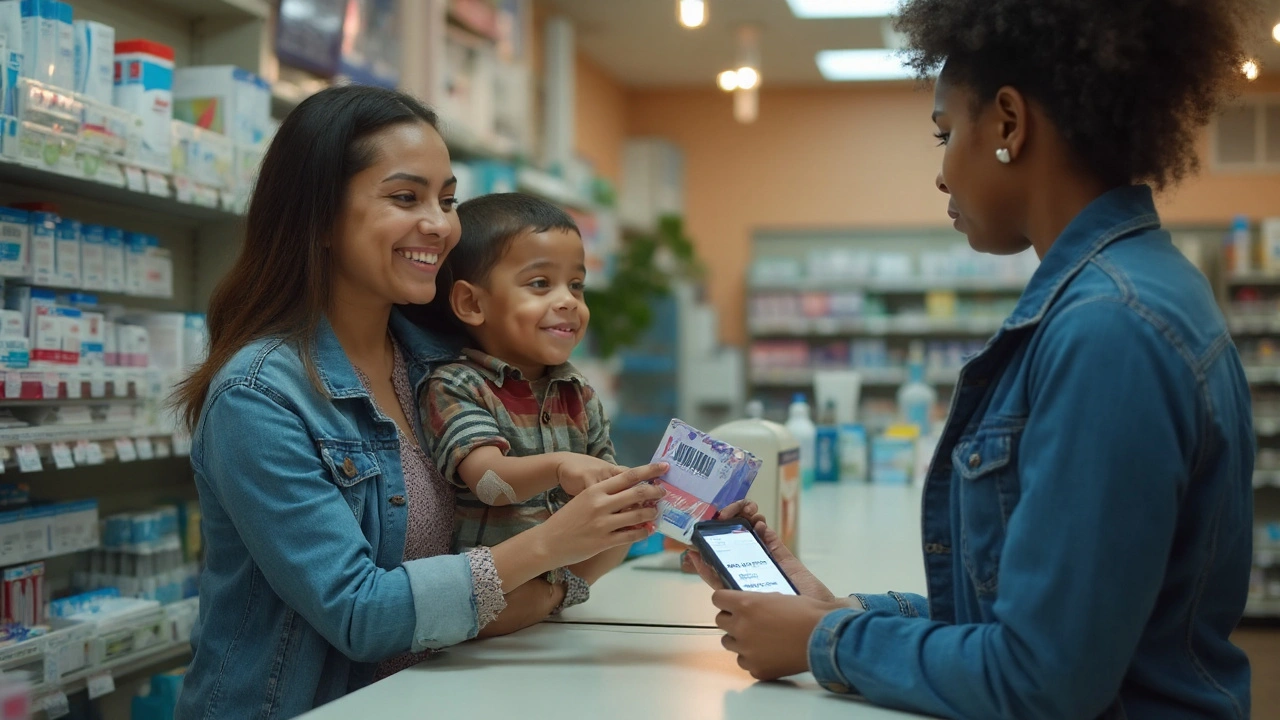MRSA Decolonization: What Works and How to Do It Right
If you or someone you care for carries MRSA, the word "decolonization" can sound scary. It simply means getting rid of the bacteria from the skin and nose so it doesn’t spread or cause infection. The good news is there are proven, easy‑to‑follow steps that work for most people.
Why Decolonize?
Carrying MRSA by itself isn’t always a problem, but it can turn into a skin infection after a cut, a surgery site infection, or spread to family members. Getting rid of the bacteria reduces these risks and helps hospitals keep infection rates low.
Key Tools for a Successful Decolonization
Nasal mupirocin ointment. MRSA loves the inside of the nose. A doctor will prescribe a thin layer of mupirocin (usually twice a day for five days). It’s a simple cream that you apply with a cotton swab. Most studies show it cuts the chance of infection by half.
Chlorhexidine body washes. Using a chlorhexidine‑based soap or wash for five days helps kill bacteria on the skin. Warm water, a small amount of the product, and a gentle scrub are enough. Do not use harsh scrubbing tools – a soft washcloth works best.
Hand hygiene. Wash hands with regular soap for at least 20 seconds after touching your face, wound, or any potentially contaminated surface. Alcohol‑based hand rubs work well when soap isn’t handy.
Environmental cleaning. Clean frequently touched surfaces (door knobs, phone screens, bathroom fixtures) with a disinfectant that lists MRSA on the label. Throw away or wash towels, bedding, and clothing after a decolonization course.
Avoid sharing personal items. Towels, razors, and clothing can spread MRSA. Keep your stuff separate until the decolonization cycle is finished.
When you start the regimen, keep an eye on any skin irritation. If the nose becomes sore or the skin looks red, stop the product and call your doctor. In rare cases, the bacteria may be resistant to mupirocin, and a different antibiotic may be needed.
Most people finish the five‑day mupirocin and chlorhexidine plan and then test negative on a follow‑up swab taken by a clinician. If the test is still positive, a second round may be recommended.
Decolonization isn’t a one‑size‑fits‑all. People with a history of recurrent MRSA infections, recent surgery, or a compromised immune system should discuss the plan with their health‑care provider. They might need extra doses or longer treatment.
Bottom line: a short course of nasal mupirocin, daily chlorhexidine washes, good hand hygiene, and clean living spaces can clear MRSA in most cases. Stay consistent, follow the doctor’s instructions, and you’ll lower the risk of nasty infections.
Mupirocin Cost in 2025: Is It Worth the Price for Skin Infection Treatment?
- Cheryl Moran
- September 8, 2025
- 19 Comments
What does mupirocin really cost in 2025, and when is it worth it? UK-focused, with US ranges, evidence, alternatives, and money-saving steps for skin infections.
read more